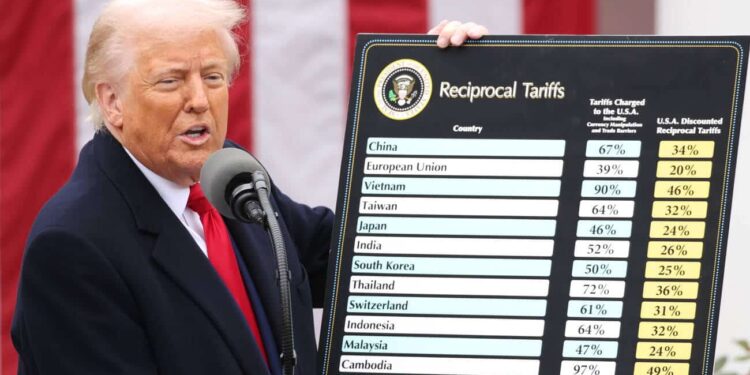The Minister of Commerce, Samir Abid, announced Saturday, November 15, during the plenary session devoted to the 2026 budget, that Tunisia is continuing discussions with the European Union and the United States to reduce customs taxes on its exports. This approach aims to make Tunisian products more competitive internationally and to strengthen the trade balance.
A strategy to boost exports
According to Samir Abid, the reduction in customs taxes will help boost Tunisian sales abroad, while reducing the trade deficit. Tunisia has already achieved positive results with certain partners, notably Turkey, and hopes to replicate this success with the EU and the USA.
The ministerial strategy is based on several axes:
- Expand and diversify exports;
- Modernize and digitize commercial circuits;
- Simplify procedures for exporting companies;
- Promote e-commerce and combat illegal import practices.
Support for producers and market regulation
Alongside international discussions, the ministry plans to install direct producer-to-consumer sales points in each governorate, in order to limit intermediaries and control the prices of essential products.
Specific quotas are also applied to coffee, sugar and bananas, with 30% reserved for family consumption, and new importers authorized to break historic monopolies.
Monitoring the value chain, from producer to exporter, makes it possible to improve the quality and valorization of Tunisian products, notably olive oil, dates and seafood products. These efforts have enabled Tunisia to win several international distinctions and strengthen the competitiveness of its exports.
Read also








